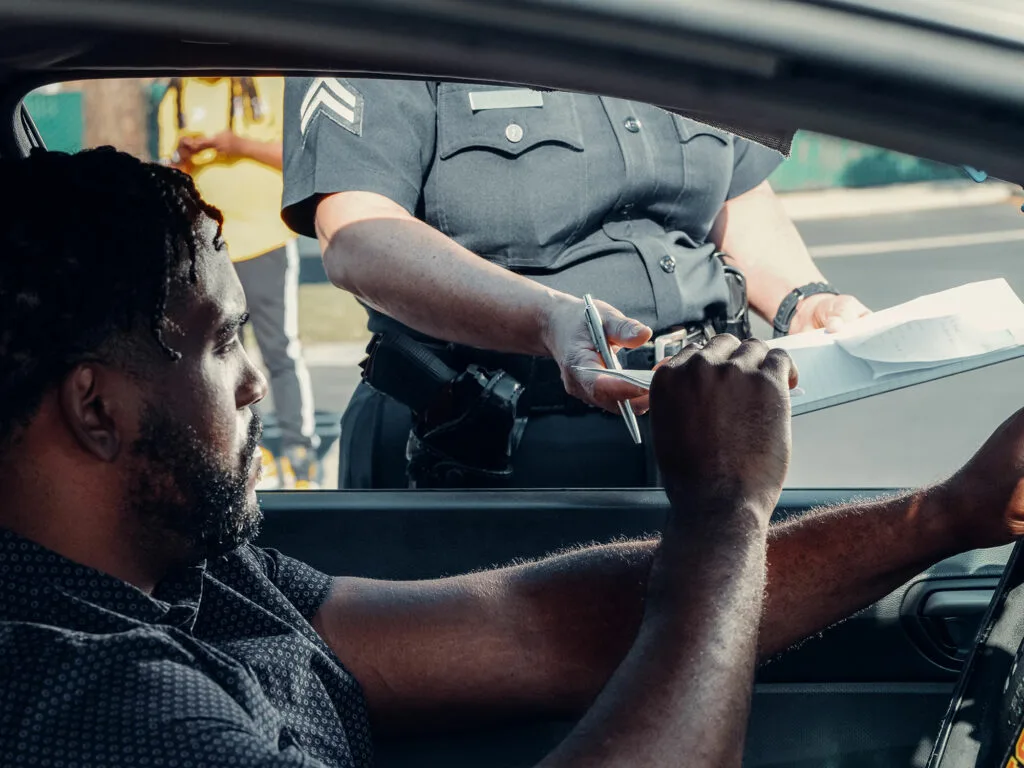Subtotal $0.00
Traffic tickets are legal notices issued by law enforcement officers when a driver is found violating traffic laws. These violations can range from minor infractions, like parking tickets, to more serious offenses, such as speeding or running a red light. The consequences of receiving a traffic ticket can vary based on the severity of the violation and the local laws in place.

Traffic violations are categorized based on their severity and impact on road safety. Common types include:
Minor traffic violations typically involve less serious offenses that may result in fines but do not carry severe legal consequences. Examples include:
Major traffic violations are more serious and can result in significant penalties, including fines, points on your driving record, and even license suspension. Examples include:

Handling a traffic ticket involves several steps to ensure that your rights are protected and that you address the violation appropriately. Here’s a detailed overview:
When you receive a traffic ticket, it will typically include information about the violation, the fine amount, and instructions on how to respond. The ticket will also provide details about your court date if you choose to contest the violation.
For minor traffic violations, you may choose to pay the fine directly. This can often be done online, by mail, or in person. Paying the fine usually means you are admitting guilt, which may result in points on your driving record and increased insurance rates.
If you believe the ticket was issued in error or if you wish to challenge the charges, you can contest the ticket in court. This process involves:
During the court hearing, you will have the opportunity to present your case and argue why the ticket should be dismissed or reduced. The judge will review the evidence and make a decision based on the facts presented.
Depending on the outcome of your case, there are several potential consequences:
Our firm specializes in handling traffic ticket cases, providing expert legal representation to ensure the best possible outcome for you. Whether you need assistance contesting a ticket, understanding your rights, or navigating the legal process, our experienced team is here to support you.
Upon receiving a traffic ticket, carefully review the information provided, including the violation details and fine amount. Decide whether you want to pay the fine or contest the ticket in court. If you choose to contest, gather evidence and prepare for your court hearing.
To contest a traffic ticket, you must attend a court hearing and present evidence supporting your case. This may include photographs, witness statements, or other relevant documentation. Your goal is to demonstrate that the ticket was issued in error or that there are mitigating circumstances.
Consequences of a traffic violation can include fines, points on your driving record, increased insurance rates, and, in severe cases, license suspension. The impact varies depending on the type and severity of the violation.
To avoid future traffic violations, adhere to traffic laws, pay attention to road signs and signals, and drive safely. Regularly review your driving habits and stay informed about changes in traffic regulations.
Yes, traffic violations can lead to increased insurance rates. Insurance companies often use your driving record to determine your premiums, and accumulating points or having a history of violations can result in higher costs.